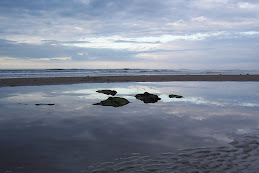I had a great time, so it is very satisfying (and confidence boosting) when the participants say that they are gaining from the experience too. Here are some comments from the evaluations:
‘Gently
& thoughtfully presented – allowed me to explore and learn more about using
metaphor.’
‘The
metaphor workshop was magical’
‘I’d
highly recommend Kate’s writing workshops.
I’ve done two and have learnt so much
in each but also really enjoyed them.’
The next workshop will be looking at poetry in this context. For more information contact: mail@scpti.co.uk

